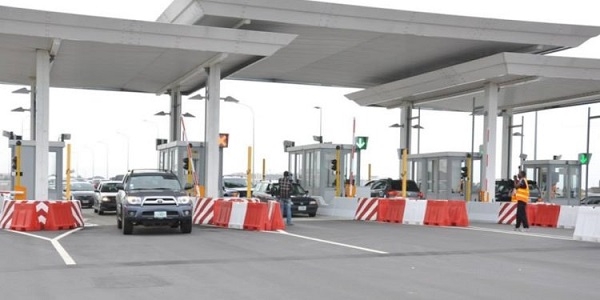Hundreds of displaced residents have made their way back to the northeastern Nigerian town of Marte, weeks after it was attacked by militants, in a sign of resilience despite ongoing insecurity in the region.
The return comes after fighters from the Islamic State West Africa Province (ISWAP) launched an assault on a military base in Marte on May 12, killing four soldiers, looting weapons, and setting the facility ablaze. The raid forced both soldiers and civilians to flee to the nearby town of Dikwa, located around 38 kilometres away.
“We were left to fend for ourselves,” said 48-year-old Goni Babagana, one of the returnees. “The soldiers we depended on for protection ran away.”
Borno State Governor Babagana Umara Zulum has expressed grave concerns that such displacement leaves communities vulnerable to insurgent recruitment. He warned that if the remaining population abandons Marte, the entire district risks falling under militant control.
Once comprised of around 300 communities, Marte has now been reduced to a single village still standing, Zulum said. His remarks underscore growing alarm over a resurgence of violence in the region.

ISWAP and rival group Boko Haram have intensified attacks in recent weeks, targeting civilians and military positions alike. At least 100 people were killed in April alone, and insurgent factions have launched assaults on no fewer than 10 military bases over the past two months, according to AFP’s figures.
The current wave of violence has drawn comparisons to the mass displacement of 2014, when Boko Haram briefly seized swathes of territory in their bid to establish an Islamic caliphate. Many who fled at that time ended up in camps around the Borno State capital, Maiduguri, relying heavily on food and aid from humanitarian agencies. Others sought refuge in neighbouring countries such as Niger, Chad, and Cameroon.
Despite continued attacks, the Borno State government has, since 2018, pursued a policy of returning displaced residents to their home communities. While international organisations have raised concerns about the safety of these returns, local authorities argue that the camps are no longer a viable long-term solution. Instead, they are encouraging people to rebuild their lives with the support of state programmes.
More than two million people have been displaced and over 40,000 killed since the insurgency began in 2009, making it one of the deadliest conflicts in West Africa.









